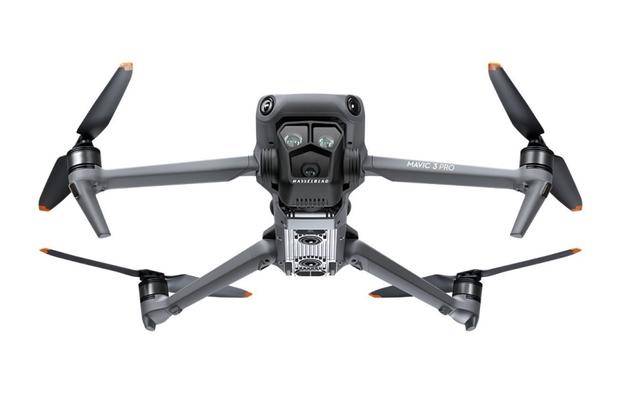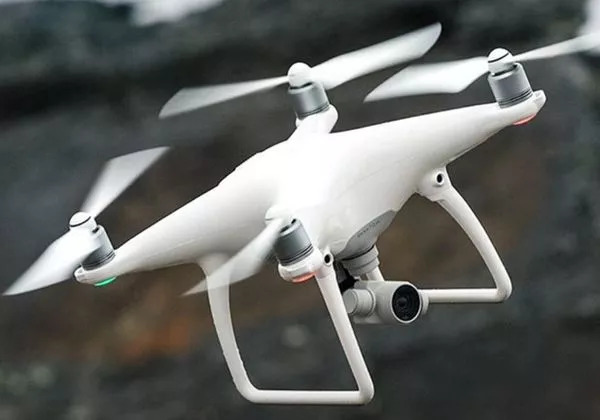The world of drones is ever-evolving, and among the top players stands DJI, known for its innovative technology and captivating aerial visuals. Yet, as DJI drones soar across skies globally, recent updates concerning the DJI drone ban have sparked discussions among enthusiasts and professionals alike. This update unfolds a new chapter for DJI, with ramifications affecting various sectors reliant on drone technology. Let’s delve deeper into what this ban means, its implications, and how it reshapes the landscape of drone utilization.
Background of DJI Drone Ban
DJI, the Chinese drone manufacturer, has been in the limelight due to regulatory scrutiny regarding security concerns. The core of the ban stems from allegations that DJI drones could potentially collect sensitive data and transmit it overseas, posing a risk to national security. This has led to certain governments imposing restrictions on the use of DJI drones, particularly in critical infrastructure and government projects.
Impacts Across Industries
The ban on DJI drones doesn’t merely affect hobbyists but has far-reaching implications across various industries, including filmmaking, agriculture, surveillance, and emergency services.
Filmmaking and Photography: DJI has been the go-to choice for filmmakers, thanks to its exceptional camera technology and stabilizers that offer artistic and high-definition shots.
However, the ban forces production companies to seek alternatives, potentially impacting costs and operational workflows.
Agriculture:
 In agriculture, drones serve as a crucial tool for crop monitoring and management. DJI’s advanced drone models assist farmers in precision agriculture by providing detailed insights into crop health and soil conditions.
In agriculture, drones serve as a crucial tool for crop monitoring and management. DJI’s advanced drone models assist farmers in precision agriculture by providing detailed insights into crop health and soil conditions.
Restrictions mean farmers might face challenges in accessing drones that match DJI’s capabilities, affecting productivity and efficiency.
Surveillance and Security: Drones are invaluable for security operations, providing real-time surveillance and data collection, especially in large-scale events and areas difficult to monitor with traditional methods. The ban requires a shift in technology strategies.
Adapting to the Changes
With the ban becoming more prominent, industries are actively exploring alternatives to DJI drones. Companies are investing in research and development to produce competitive drones, adhering to compliance regulations stipulated by local authorities. Those affected by the ban are also focusing on enhancing internal security measures to mitigate risks associated with drone usage.
Future Outlook
This situation opens doors for discussions on the balance between technological advancement and security. As the global drone market continues to grow, manufacturers are likely to prioritize security features in new models. For DJI, maintaining its market position involves addressing these security concerns directly and ensuring compliance, possibly through collaborations and transparency measures.
FAQs on DJI Drone Ban
Will the ban affect all DJI products?
Not necessarily. While specific product lines might face restrictions, consumer models may still be available in certain jurisdictions.
Are there alternatives to DJI drones that match their quality?
Yes, several companies are rising to meet the demand, offering drones that strive to match DJI’s technological prowess.
How can users ensure compliance with drone regulations?
Users should stay informed about local drone regulations and prioritize using drones certified for compliance and safety.